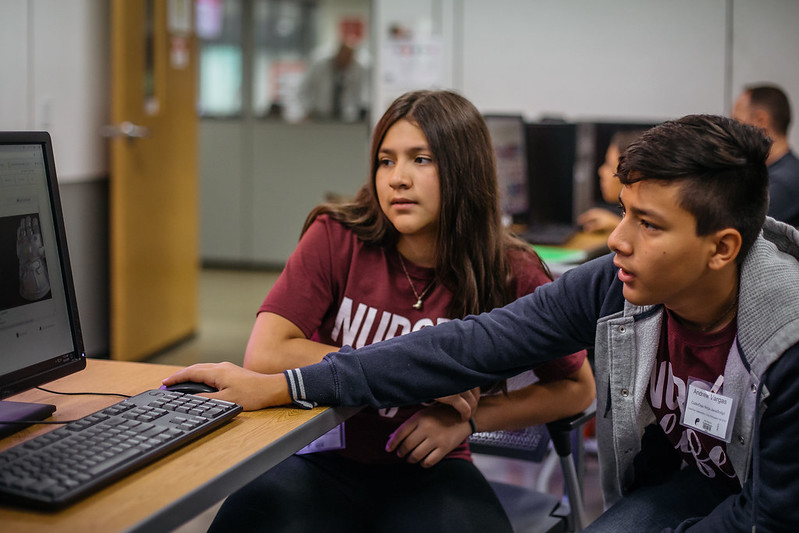
Gender Balance in Computing has been the largest-ever set of trials in England to identify ways to encourage more young women to study Computer Science. The research study was conducted from 2018 to 2022 in hundreds of primary and secondary schools in England. Read the reports to learn more about the interventions and explore our free resources for use in the classroom.
Currently, many young women do not see computing and similar subjects as useful to them. In England, this is evident in a disproportionately low number of young women choosing to study for qualifications in Computer Science at GCSE and A level. In the research literature, we identified many factors that are likely to contribute to this, including a lack of the feeling of belonging in the subject, a lack of encouragement, and fewer opportunities to engage with female role models.
The Department for Education in England funded this programme of research to better understand some of the factors that could encourage girls to develop an interest in computing, and could increase the numbers of young women who choose to study Computer Science at GCSE and A level.
A range of interventions were trialled in schools, including a number of pilot studies, quasi-experimental trials, and randomised controlled trials (RCTs). The interventions were led by us at the Raspberry Pi Foundation, and implemented by us in collaboration with the Behavioural Insights Team, Apps for Good, and WISE, as part of the National Centre for Computing Education.
Read more about each intervention and access our free resources:
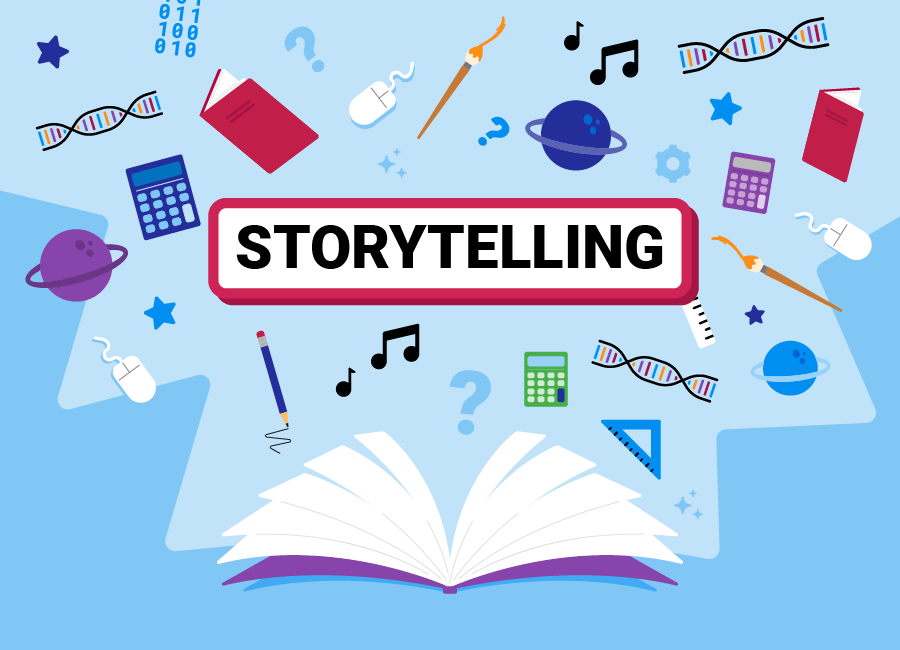
This study investigated the use of storytelling and story-writing as effective tools to introduce computing concepts to Year 2 pupils (ages 6 to 7).
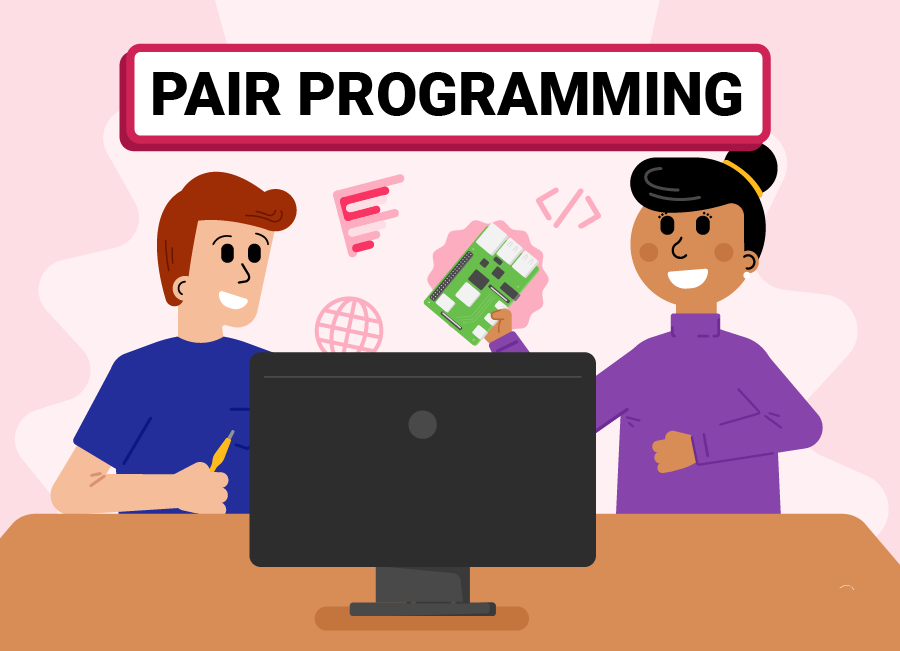
This project assessed the potential of pair programming as a pedagogical approach to enhance girls’ attitudes towards computing with Year 4 and Year 6 pupils (aged 8–11).
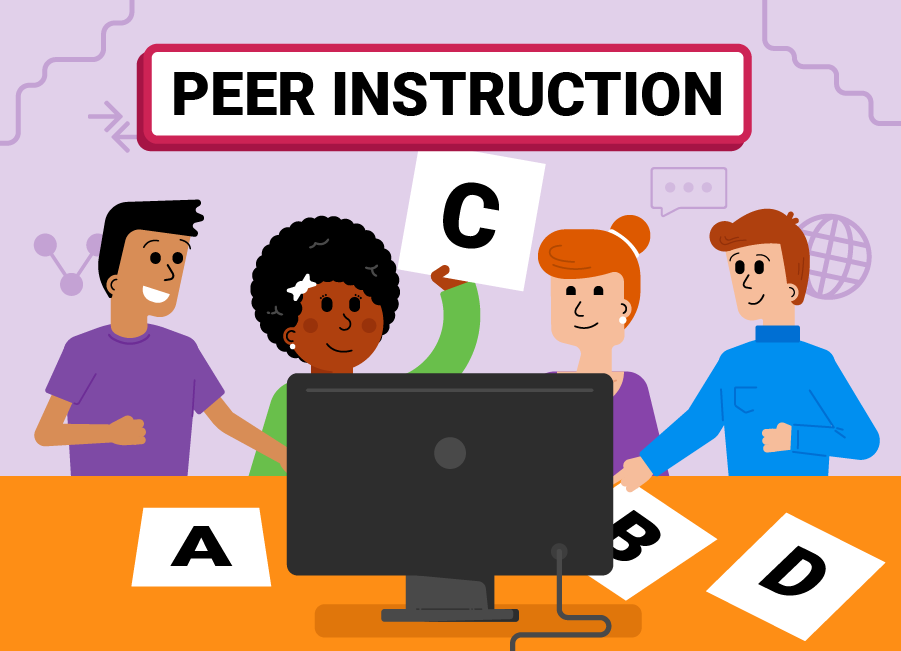
This study aimed to determine whether peer instruction strategies could positively influence Year 8 girls’ (aged 12–13) perceptions of computing and their future interest in the subject.
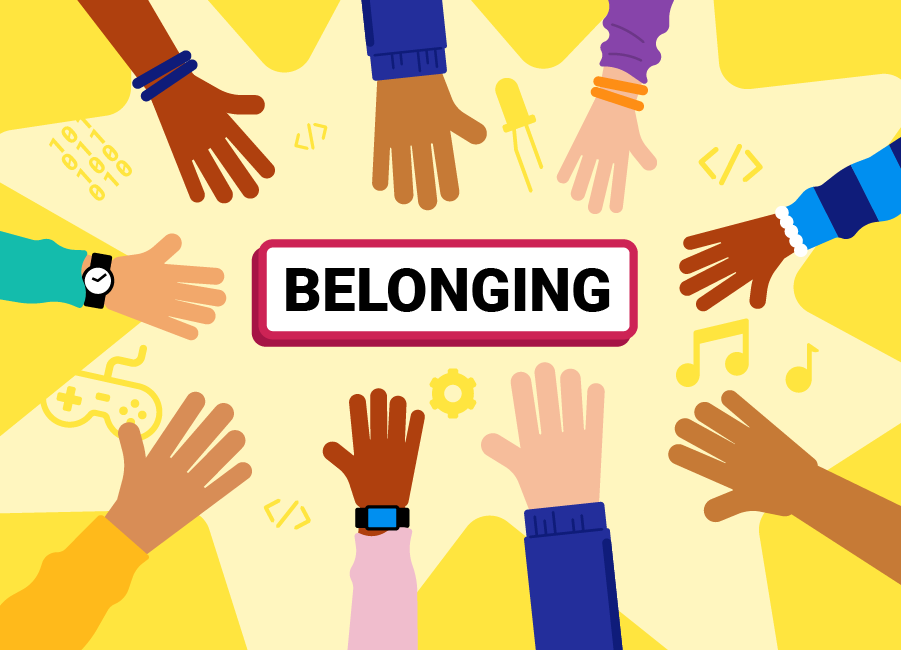
In collaboration with WISE, the Belonging intervention explored the impact of positive role models and parental support in fostering a sense of belonging in computing for Year 5 girls (aged 9–10).
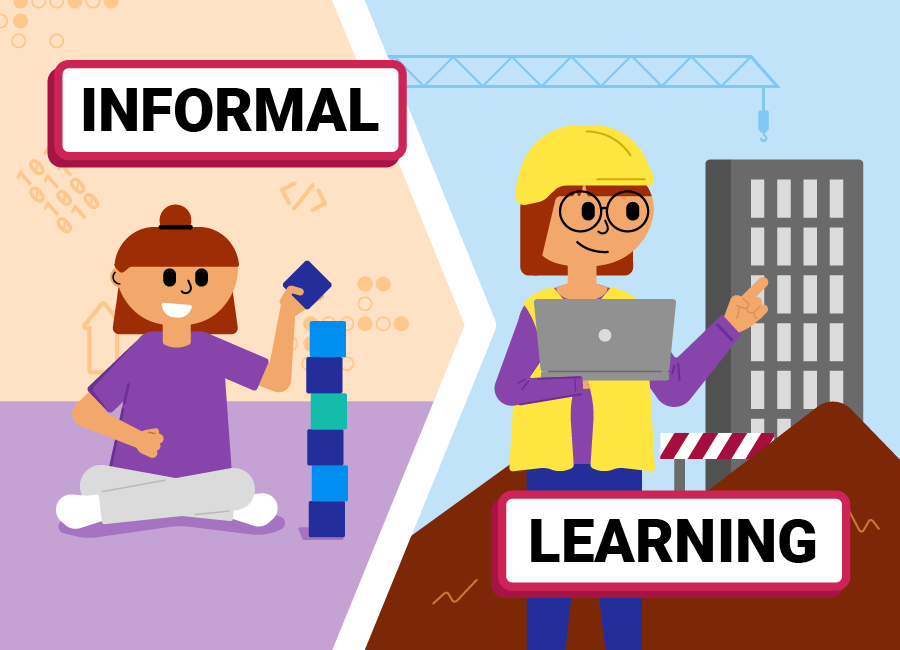
In this intervention, we partnered with Apps for Good to provide tailored resources and support to help girls in primary and secondary schools (aged 8–13) recognise the importance of computing skills they acquire in informal learning spaces.
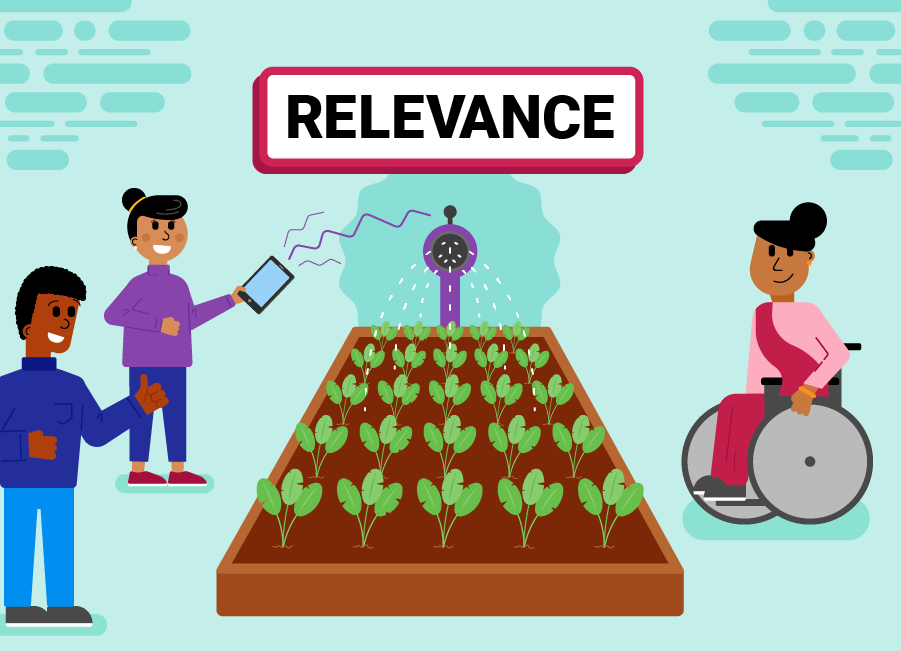
In collaboration with Apps for Good, this intervention evaluated the impact of contextualising computing within real-world problem-solving scenarios on Year 8 girls’ (aged 12–13) motivation to pursue further studies in the field.
Leonard, H. C., Quinlan, O., & Sentance, S. (2021, September). Female pupils’ attitudes to computing in early adolescence. In Proceedings of the 2021 Conference on United Kingdom & Ireland Computing Education Research (pp. 1-6). (Open-access author copy, presentation slides, and video presentation)
Childs, K. (2021). Factors that impact gender balance in computing. In Understanding computing education (Vol. 1). Proceedings of the Raspberry Pi Foundation Research Seminars.